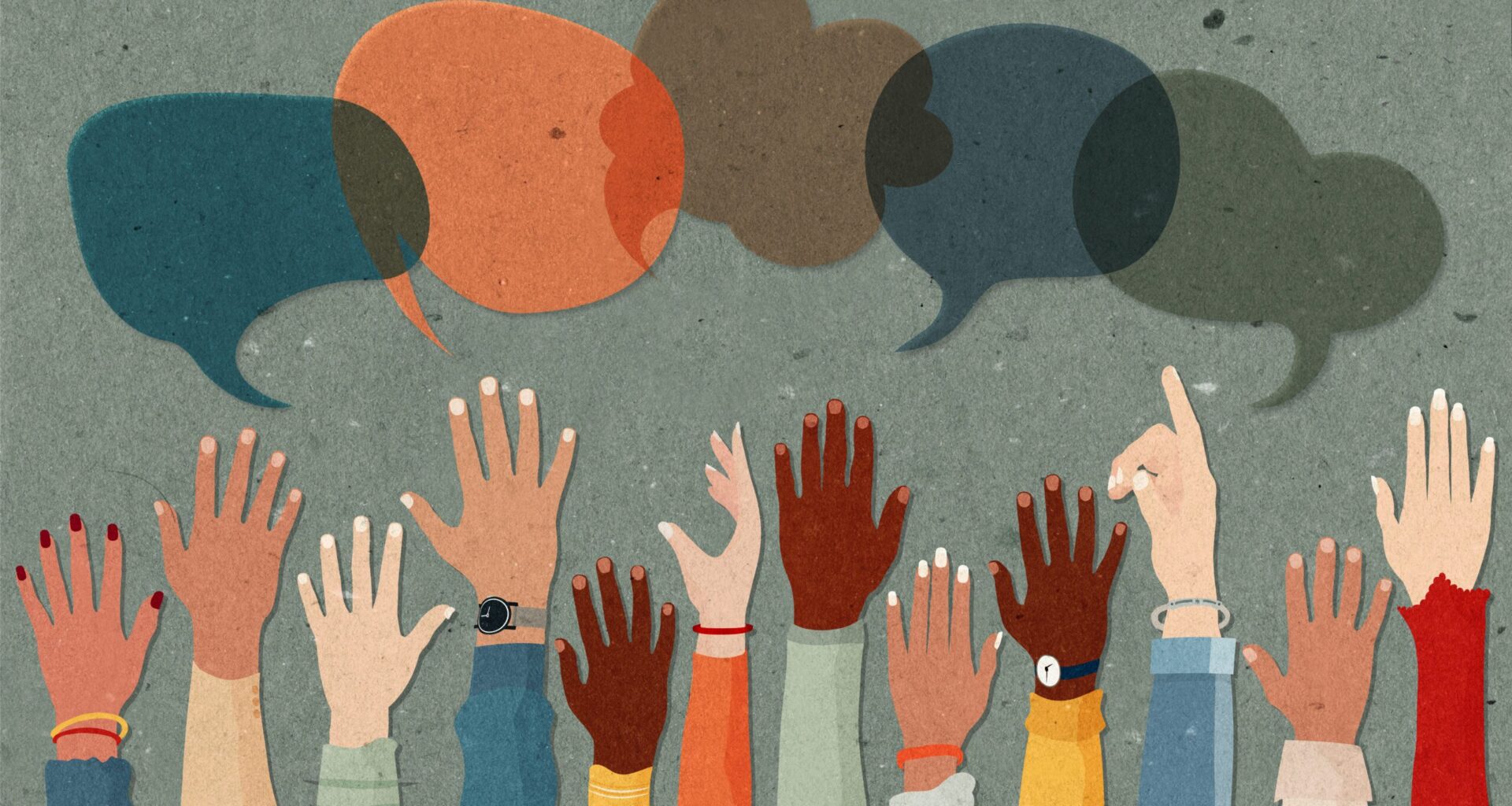To the Editor:
In Connecticut, those of us in the Iranian-American community carry a sorrow that never really fades. We’ve lost family. We’ve lost friends. I lost my childhood friend, young, vibrant, and pregnant executed in an Iranian prison simply for believing in freedom.
Her murder wasn’t a random act of cruelty. It was part of a calculated massacre that unfolded in the 1980s, especially in the summer of 1988. Over 30,000 political prisoners, mostly members and supporters of the MEK (Mojahedin-e-Khalq) were systematically executed in prisons across Iran. Most had already been sentenced and were serving their time. But that summer, “death commissions” formed by clerics and regime officials asked them one question: “Do you still believe in the MEK?” Those who said yes were sent to the gallows. They were buried in unmarked mass graves, their families never notified.
Among those who signed off on this crime against humanity was Ebrahim Raisi, who later rose to the presidency. His role is no secret. His face is etched in survivors’ memories, and his name appears in UN reports and testimonies. Yet instead of a trial, he got a title. Instead of justice, he got power.
The prison walls that silenced my friend still stand. Evin, Ghezel Hesar, Gohardasht. These places remain torture chambers. And they are full once again.
Just in the past weeks, the Iranian regime has executed dozens, including political prisoners. Two MEK supporters, Behrouz Ehsani and Mehdi Hassani, were hanged in Ghezel Hesar Prison in late July after years of imprisonment and torture. Their only “crime” was opposition to the regime. The executions were carried out in secret and without warning to their families, who were denied the right to say goodbye or claim the bodies.
Since reformist president Masoud Pezeshkian took office, at least 1,515 people have been executed including six just this past Sunday. This is not a moderation. It is murder under a new face. And between August 3 and 6 alone, the regime executed 29 people, one of them a woman.
This brutal wave comes just after the 12-day war between Iran and Israel. It’s not coincidence. It’s strategy. Tehran is tightening its grip at home, crushing dissent, eliminating political prisoners, and sending a message: any opposition, real or imagined, will be silenced forever.
For those of us who lived through 1988, the signs are chillingly familiar: secret transfers, unmarked graves, vanished inmates, and silence from officials.
But unlike then, this time, the world has been warned.
But the Iranian people are not alone. In 2017, Connecticut Representatives Rosa DeLauro and Joe Courtney joined a bipartisan effort in Congress to condemn the 1988 massacre and demand accountability. The resolution detailed the executions of teenagers, pregnant women, and peaceful protesters massacred and dumped in mass graves. In 2023 and again in 2024, Congress reaffirmed that demand. H.Res.166, backed by over 220 bipartisan House members including Representatives John Larson and Joe Courtney, supports the Iranian people’s right to a democratic, secular republic and urges the U.S. government to hold the regime accountable for its crimes.
The resolution cites a 2024 UN report, which describes the 1988 massacre as “one of the most egregious human rights violations in living memory,” and confirms that top officials conspired to commit crimes against humanity.
These statements matter. They remind the regime that it is being watched. They tell victims’ families: your loved ones are not forgotten. And they send a signal to the brave people still resisting in Iran: we hear you. We stand with you.
But it’s not enough.
If there’s one thing 1988 taught us, it’s that silence is complicity. Back then, the world didn’t act until it was too late. This time, we can act. This time, we must act before the death toll rises even higher.
We cannot wait for the satellite images of mass graves to surface. We cannot wait for survivors to tell their stories in exile. The stories are happening now. The bodies are being buried now. And the perpetrators are still in power now.
Here in Connecticut, we’ve shown what courage and compassion look like. Our members of Congress have spoken out before. Now, we need them and others to speak louder, to demand international investigations, to impose human rights sanctions, and to support the Iranian people’s right to choose a democratic future.
My friend died for believing in that future. She wasn’t the last. But if we raise our voices now, she could be one of the last.
Let’s be the ones who listened. Let’s be the ones who acted when it still mattered.
Jila Andalib
Storrs, CT
Jila Andalib is a member of the Organization of Iranian American Communities – CT
